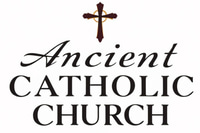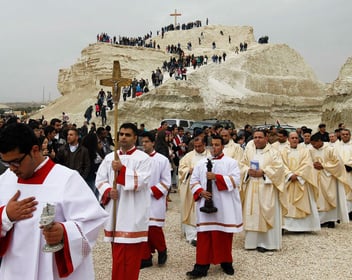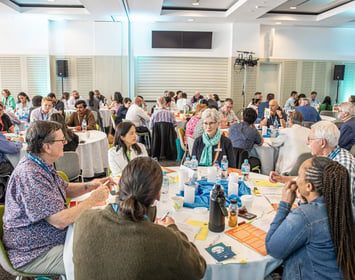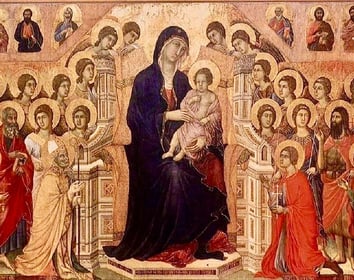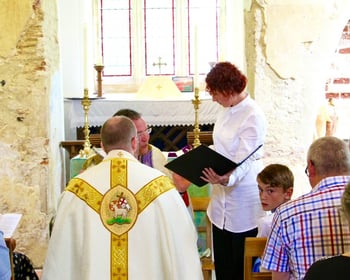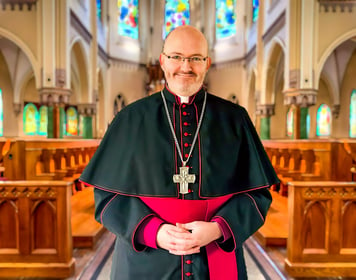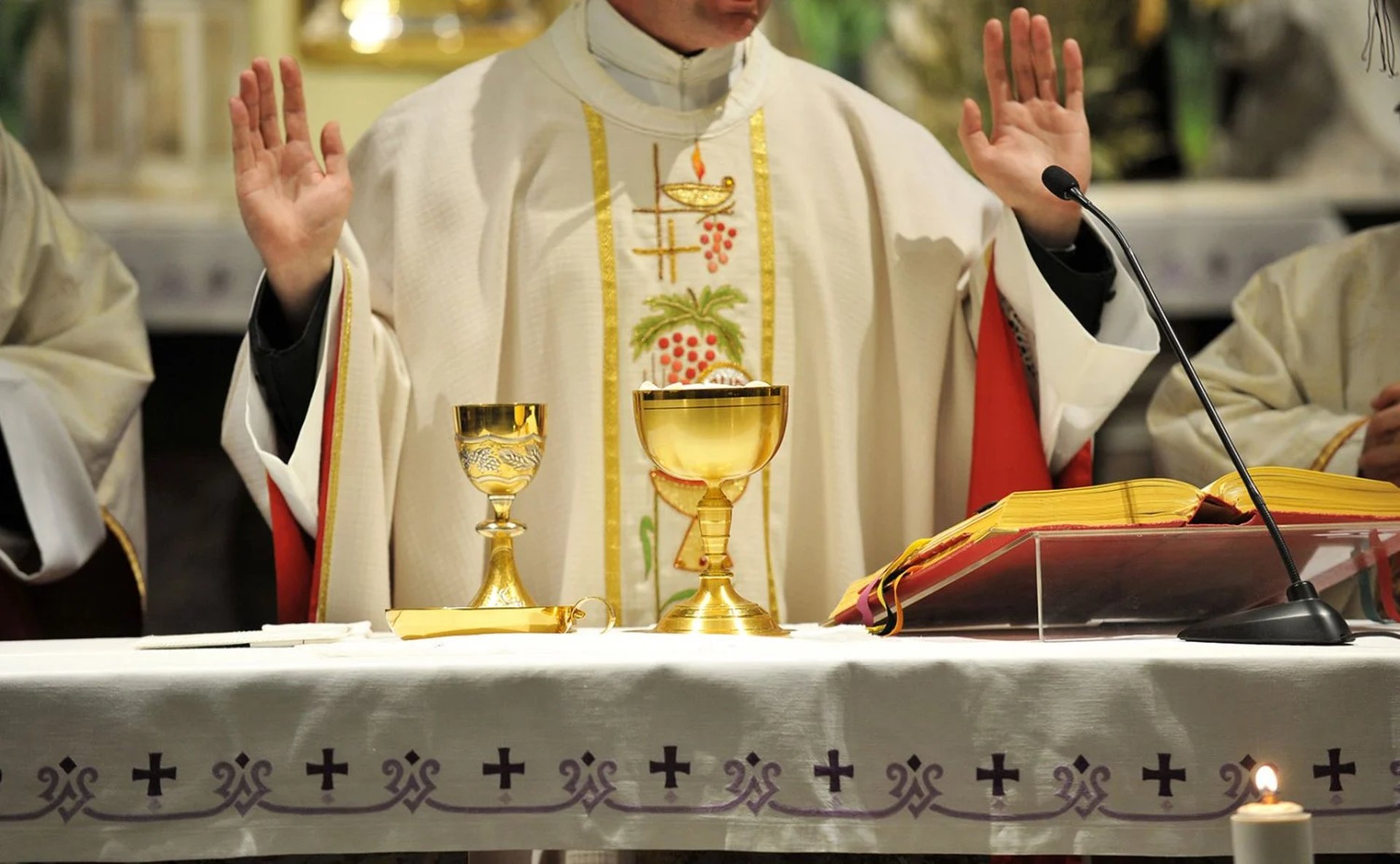
Embracing in Shared Faith
We invite you to discover, belong, and journey with us in faith. Welcome home to the Ancient Catholic Church—where tradition meets mission, and community flourishes.
Safeguarding
Effective Date: 1st January 2024
1. Introduction
The Ancient Catholic Church is committed to creating an environment where every person is treated with dignity, honour, and respect. This safeguarding policy reflects the Church’s mission to be a safe haven for all, especially children, young people, and vulnerable adults. The Church recognizes that any abuse of trust, whether physical, emotional, sexual, or financial, is unacceptable and must be addressed promptly and decisively.
This policy sets forth our commitment to:
Uphold the dignity and worth of every person in our community.
Promote a culture of transparency, accountability, and safety.
Ensure that all individuals who work with or come into contact with vulnerable persons are appropriately vetted, trained, and monitored.
Respond to allegations and incidents with seriousness, sensitivity, and in strict accordance with legal requirements and Church guidelines.
2. Scope of the Policy
This policy applies to:
All clergy, religious, employees, volunteers, contractors, and anyone working on behalf of or in association with the Ancient Catholic Church.
All activities sponsored by the Archdiocese, including parishes, schools, youth groups, community centres, retreats, and other ministries.
All geographical locations and events under the purview of the Church, whether in-house or off-site.
3. Policy Statement
The Ancient Catholic Church unequivocally condemns any form of abuse or exploitation of its members. We are committed to:
Prevention: Implementing thorough risk assessments and preventive measures to reduce the likelihood of abuse.
Protection: Ensuring that all safeguarding concerns are taken seriously, investigated, and handled appropriately.
Partnership: Collaborating with local law enforcement and safeguarding agencies to achieve the highest standards of care and protection.
Transparency: Maintaining an environment of open communication where concerns can be raised without fear of retaliation.
4. Definitions
Safeguarding: Measures taken to protect the health, well-being, and human rights of individuals, which allow people—the most vulnerable—to live free from abuse, harm, and neglect.
Vulnerable Person: Any individual at risk, including children under 18, young people, persons with disabilities, and adults who may be susceptible to exploitation.
Abuse: Any act or failure to act that results in harm, detriment, or exploitation. This includes physical, emotional, sexual, and financial abuse as well as neglect and bullying.
Disciplinary Misconduct: Any inappropriate behaviour that violates the ethical and professional conduct expected of all individuals in the Church.
5. Roles and Responsibilities
5.1. Archdiocesan Safeguarding Lead (ASL)
Overall Coordinator: Act as the primary point of contact for safeguarding issues.
Policy Oversight: Ensure that the safeguarding policy is up-to-date, implemented effectively, and communicated across the Archdiocese.
Training and Support: Organize regular training sessions and provide support for staff, volunteers, and parish leadership.
Liaison: Act as the intermediary with statutory agencies, child protection services, and law enforcement.
5.2. Parish and Ministry Leaders
Implementation: Ensure that the safeguarding policy is embedded within the culture of their specific ministry or parish.
Monitoring: Monitor practices and behaviours to detect any potential safeguarding issues.
Reporting: Ensure that any concerns or violations are promptly and appropriately escalated to the ASL.
5.3. All Staff, Volunteers, and Associates
Personal Responsibility: Abide by the principles and procedures outlined in this policy.
Vigilance: Be alert to signs of abuse or exploitation and act according to the reporting procedures outlined herein.
Participation: Engage in mandatory training and support initiatives.
6. Safe Recruitment and Selection
To minimise the risk of harm to vulnerable persons, the Ancient Catholic Church commits to:
Robust Recruitment Procedures: All applicants must undergo background checks (including criminal records, child protection registers, and professional references) prior to engagement.
Interview Protocols: Conduct structured interviews with safeguarding questions incorporated into the process.
Ongoing Appraisal: Regularly review the performance and conduct of staff and volunteers to ensure continued alignment with safeguarding standards.
Code of Conduct Acknowledgment: All appointees must sign a statement acknowledging their understanding and acceptance of the safeguarding policy and code of conduct.
7. Code of Conduct
Every person representing or involved with the Ancient Catholic Church must:
Act Respectfully: Treat everyone with kindness, dignity, and fairness.
Maintain Appropriate Boundaries: Engage only in appropriate interactions with children, young people, and vulnerable adults.
Uphold Confidentiality: Respect the privacy of those involved while understanding the limits of confidentiality when it comes to safeguarding concerns.
Avoid Isolation: Refrain from meeting one-on-one with a vulnerable individual in secluded circumstances; where such meetings are necessary, ensure that they take place in public or in the presence of a third party.
Report Misconduct: Immediately report any behaviour that could compromise the safety and well-being of another person.
8. Reporting Procedures
8.1. Raising Concerns
Immediate Action: If a child, young person, or vulnerable adult is at immediate risk, contact emergency services immediately.
Internal Reporting: All safeguarding concerns must be reported to the designated Church Safeguarding Lead or the relevant parish safeguarding officer.
Written Report: Document the concern in writing, providing as many details as possible, and maintain copies of all correspondence.
8.2. Confidentiality and Information Sharing
Need-to-Know: Information regarding safeguarding concerns should only be shared on a strictly need-to-know basis.
Record Keeping: Maintain detailed, confidential records of all safeguarding reports and actions taken.
Legal Cooperation: Cooperate fully with law enforcement and any external safeguarding investigations, ensuring compliance with relevant legal requirements.
8.3. Investigation and Follow-Up
Independent Review: Where allegations arise, an investigation will be carried out promptly and impartially by designated personnel.
Support for Complainant: Provide emotional and pastoral support for individuals who raise concerns, ensuring they are kept informed of the process where appropriate.
Outcome and Action: Determine appropriate follow-up actions, which may include disciplinary measures, referral to external services, or, where necessary, legal action.
9. Training and Awareness
Mandatory Training: All clergy, staff, and volunteers must complete safeguarding training upon induction and at regular intervals thereafter.
Ongoing Education: Regular workshops, seminars, and refresher courses will be available to update the community on best practices and any changes in legislation.
Awareness Campaigns: The Church will run ongoing campaigns within parishes and ministries to ensure that safeguarding remains a visible priority.
10. Monitoring, Evaluation, and Review
Regular Reviews: This policy and its implementation will be reviewed annually (or more frequently as required) by the Church's safeguarding committee.
Feedback Mechanisms: Encourage feedback from all stakeholders to continuously improve safeguarding measures.
Compliance Audits: Periodic audits will be conducted to ensure compliance with the safeguarding policy, with results reported to Church leadership.
11. Communication
Internal Communication: Ensure that all staff, volunteers, and ministry leaders are aware of this policy through induction materials, internal memos, and regular meetings.
Public Availability: Publish the safeguarding policy on the Ancient Catholic Church website and make it readily available at all key locations.
Clear Signposting: Display contact information for the safeguarding lead and other relevant officers conspicuously, so that concerns can be reported without barriers.
12. Additional Provisions
Support Services: The Ancient Catholic Church will ensure access to pastoral and professional support services for anyone affected by abuse, including counselling and legal advice where required.
Non-Retaliation Assurance: Any person who reports a safeguarding concern in good faith is protected from any form of reprisal or victimisation.
Zero Tolerance: The Ancient Catholic Church upholds a zero-tolerance stance on any form of abuse, exploitation, or misconduct.
13. Conclusion
By enacting this safeguarding policy, the Ancient Catholic Church reaffirms its commitment to the protection and welfare of all individuals, especially the most vulnerable. We believe that every person has the right to develop in an environment free from harm. Through collaborative efforts, ongoing training, and robust procedures, we seek to create a secure and compassionate community that reflects the gospel values of love, justice, and respect.
Approval and Adoption:
This policy has been reviewed and approved by the Governing Body of the Ancient Catholic Church and is expected to be implemented across all associated ministries and parishes. All members of the Ancient Catholic Church are expected to uphold the principles and practices outlined herein.
Signed:
The Most Reverend Felix Gibbins OSB Cam
Archbishop of the United Kingdom
1st January 2024


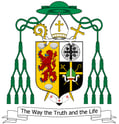

About the Ancient Catholic Church
Fostering faith, inclusion, and compassionate service within a vibrant community and beyond.
Who Are We?
The Ancient Catholic Church is a community that proudly carries forward the rich heritage of the Roman Catholic tradition while embracing a spirit of inclusivity and family.
Governance
The ACC operates under a structured and inclusive governance model that reflects its commitment to apostolic tradition, pastoral care, and community engagement.
Archbishop Felix Gibbins is the spiritual leader and Primus of the Ancient Catholic Archdiocese of the United Kingdom, and the seventh successor of St Felix of Dunwich.
Meet Archbishop Felix
Safeguarding Policy
Data Protection Policy
Spiritual Formation Policy
Our safeguarding policy reflects the Church’s mission to be a safe haven for all, especially children, young people, and vulnerable adults.
Dedicated to protecting the privacy and personal data of its clergy, seminarians, staff, parishioners, and associated parties in accordance with (UK GDPR).
The policy is intended to nurture a deep, authentic relationship with God and to prepare candidates for a lifetime of service steeped in the wisdom of the Church Fathers/
Ancient Catholic Church
Embracing faith, inclusion, and compassionate service together.
ST THOMAS AQUINAS SEMINARY
© 2025. All rights reserved.
QUICK LINKS
